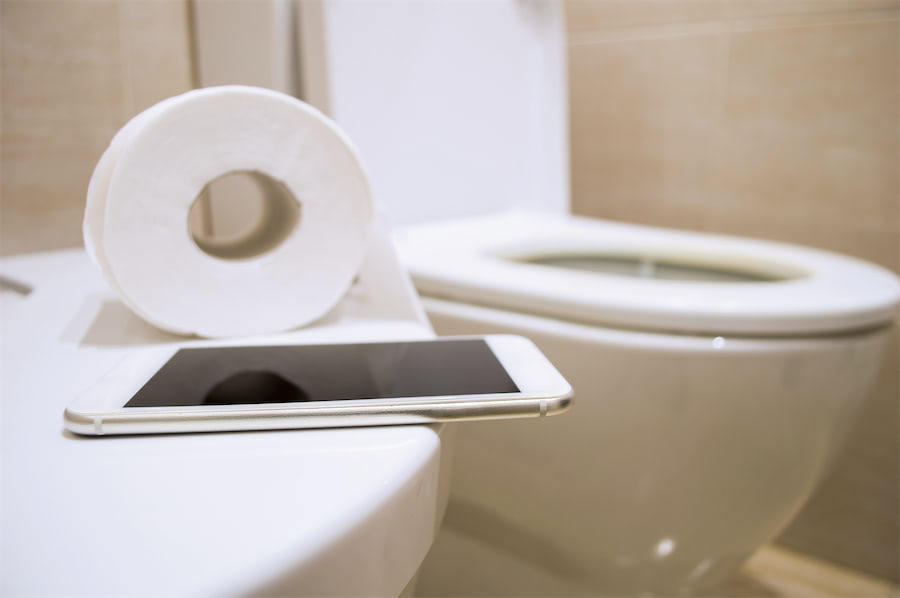
Hemorrhoids, How Bad Do They Have To Be For Surgery
Hemorrhoids are swollen veins in the rectum. Symptoms are pain, itching, bleeding, and sometimes protrusion from the anus. Surgery isn't taken lightly; it is a big deal when you have to choose to go under the knife for something like this.
Hemorrhoids aren't dangerous by any means if left untreated, but they can be severe enough that surgery is needed. If your hemorrhoids become too bothersome and painful, and severe for you, then you might want to consider surgery. Surgeries vary depending on what's wrong with them and how severe they are, so there's no "one size all" kind of surgery. Hemorrhoids are common in America, with almost half of the population having them by age 50. Symptoms can include itching, pain, and bleeding from your anus. Hemroids can be internal or external. Hemorrhoid surgeries are usually only an option when hemorrhoid becomes so large that it interferes with a person's daily living activities, such as going to work or going out to eat at a restaurant. Hemorrhoids with blood clots growing larger and obstructing stool movement, then a Hemorrhoidectomy is needed to avoid emergencies where the obstructed bowel could burst. Symptoms can be relieved in many ways. Still, prolapsed or protruding Hemorrhoids cannot be treated with home remedies. They aren't deadly, but they can become extremely bothersome, especially if they become obstructed and prolapsed
There are two types of surgery that are performed depending on what's wrong with them; Hemorrhoidectomy or Hemorrhoidopexy. A third less common surgery type is a rubber-band ligation that rarely serves and is reserved for Hemorrhoids that return. Hemorrhoidectomy surgery involves removing just the Hemroids, and Hemorrhoidopexy requires an attaching procedure to attach your Hemorrhoids back to the inside of your anus. Both procedures come with their own set of risks, but surgery is generally safe if done correctly by a qualified Hemmorhoid specialist. Symptoms can be relieved in many ways, including numerous over-the-counter Hemorrhoid medications or simple at-home remedies such as taking warm baths, using cold compresses, applying petroleum jelly, and wearing loose-fitting clothes. Keep in mind that if you have any questions about your Hemorrhoids, please consult your specialist. Don't put off the inevitable if your symptoms are severe enough to need surgery; ask your doctor about having Surgery today!
Permanent - Probably not. Your chances of reoccurrence are about 25 to 30 percent. 3-to 4 weeks is the usual recuperation time. The side effects are discomfort, swelling, and often, there is some pain when defecating (DP). Any form of operation will rarely interfere with your day-to-day activities. However, it would be advisable not to engage in heavy exertion or heavy lifting for about six weeks following your Hemorrhoid surgery. Symptoms can be relieved in many ways, including numerous over-the-counter medications or simple at-home remedies such as taking warm baths, using cold compresses, applying petroleum jelly, and wearing loose-fitting clothes.
Hemroids are caused by chronic straining, which causes the blood vessels inside of your anus to swell up. When they become so swollen that they protrude outside of the tissue lining your anal canal, they are called Hemorrhoids. They come in two types: External and Internal . Hemorrhoids develop from 2 different places; inside the anus or in the Hemorrhoid veins that line outside your anus. Hemorrhoids are classified into two categories, first-degree , and second-degree . First-degree are internal which can become external when irritated by bowel movements. These are very painful because they have not yet developed a blood supply, so there is no relief from pain. Second-degree piles are called External Hemorrhoids, and these develop several different ways, but the most common are prolonged straining on the toilet or due to pregnancy.
